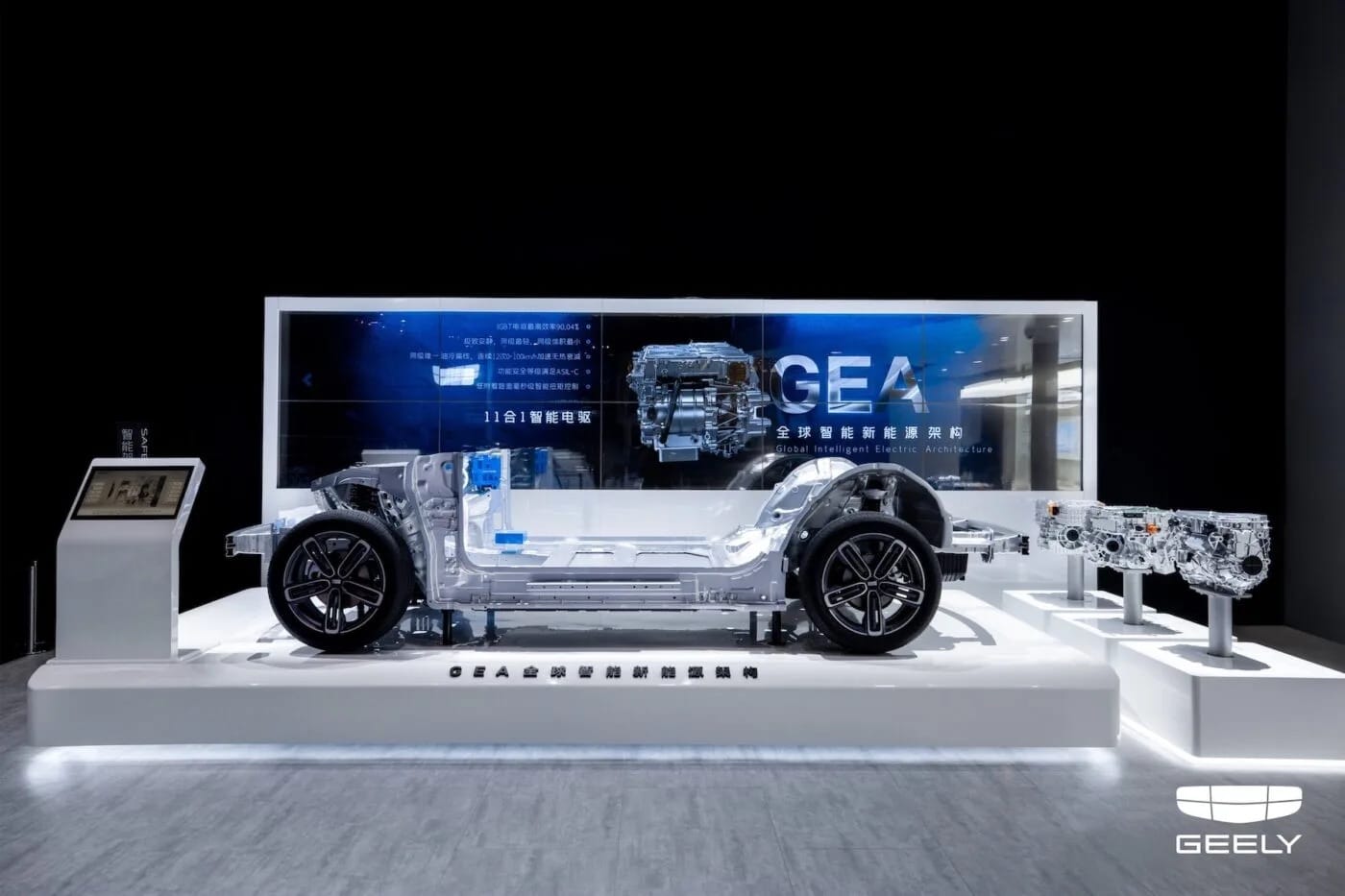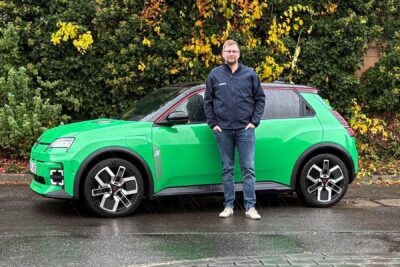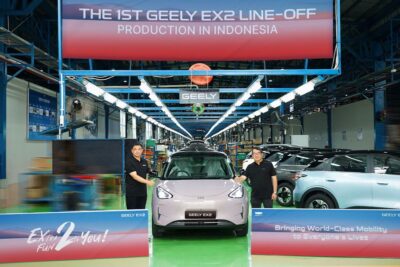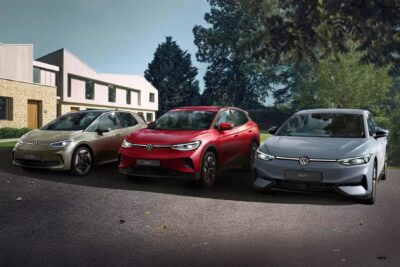Renault reportedly developing electric SUV on Geely’s GEA platform
Renault and Geely have been working together in various areas for some time. In 2022, the Chinese group acquired a 34 per cent stake in Renault Korea Motors, where the focus so far has been on hybrids and combustion models. In 2024, the companies formed the Horse Powertrain joint venture to develop components and systems for hybrid and combustion drivetrains.
Horse Powertrain has already unveiled its first compact drivetrain, the “Future Hybrid Concept”, designed to hybridise battery-electric platforms as a range extender. In February this year, it was also reported that Geely would take a stake in Renault do Brasil, in return gaining access to Renault’s local production and sales network in Brazil.
Now, Chinese industry outlet AutoPix reports on another collaboration between the two companies: Renault will gain access to Geely’s Global Intelligent New Energy Architecture (GEA), introduced in 2024 as an evolution of the CMA platform. The first car to use GEA is the Galaxy E5, an electric compact SUV.
Renault is also said to be working on a new SUV based on GEA, both as a fully electric version and as a plug-in hybrid. According to the report, Renault will design the body in-house, while the vehicle architecture and chassis will largely draw on existing designs from Geely’s Galaxy brand. This approach could lower costs and shorten development cycles. Renault will reportedly target markets in South Korea, Southeast Asia, Latin America and North Africa.
Renault’s new Advanced China Development Center (ACDC) in Shanghai is handling the GEA-based project. The centre also developed the Renault Twingo E-Tech, a project now said to be complete, freeing capacity for new work such as the upcoming SUV.
So what exactly is GEA? According to Geely, the Global Intelligent New Energy Architecture is an advanced, modular vehicle platform designed for safety, efficiency and smart mobility. It adapts to multiple powertrains, integrates advanced AI features, improves charging and ride comfort, and supports a connected, intelligent vehicle ecosystem. The platform can accommodate four drive types: battery-electric (BEV), plug-in hybrid (PHEV), range extender (EREV) and methanol-electric propulsion.
This article was first published by Florian Treiß for electrive’s German edition.





0 Comments